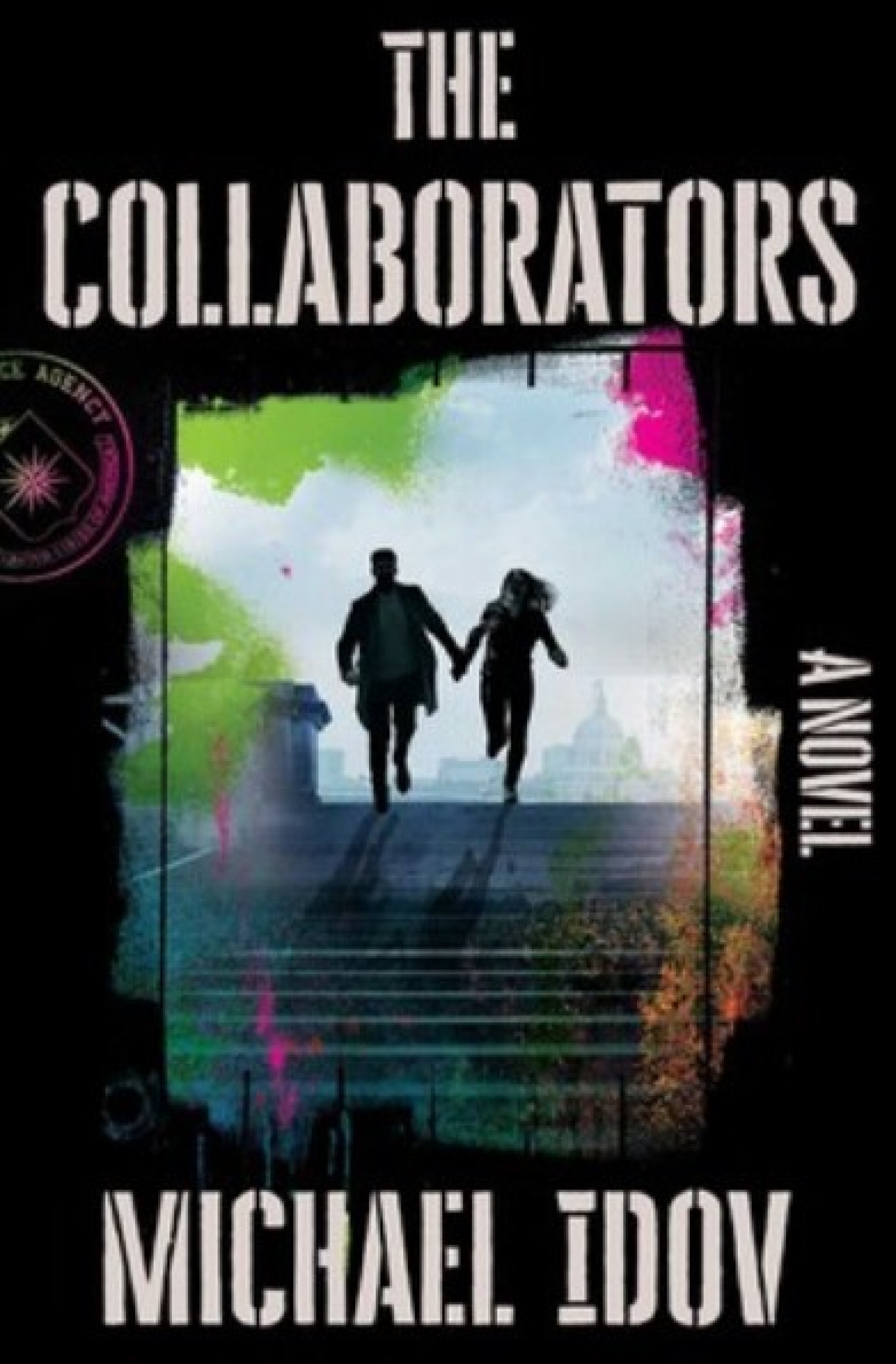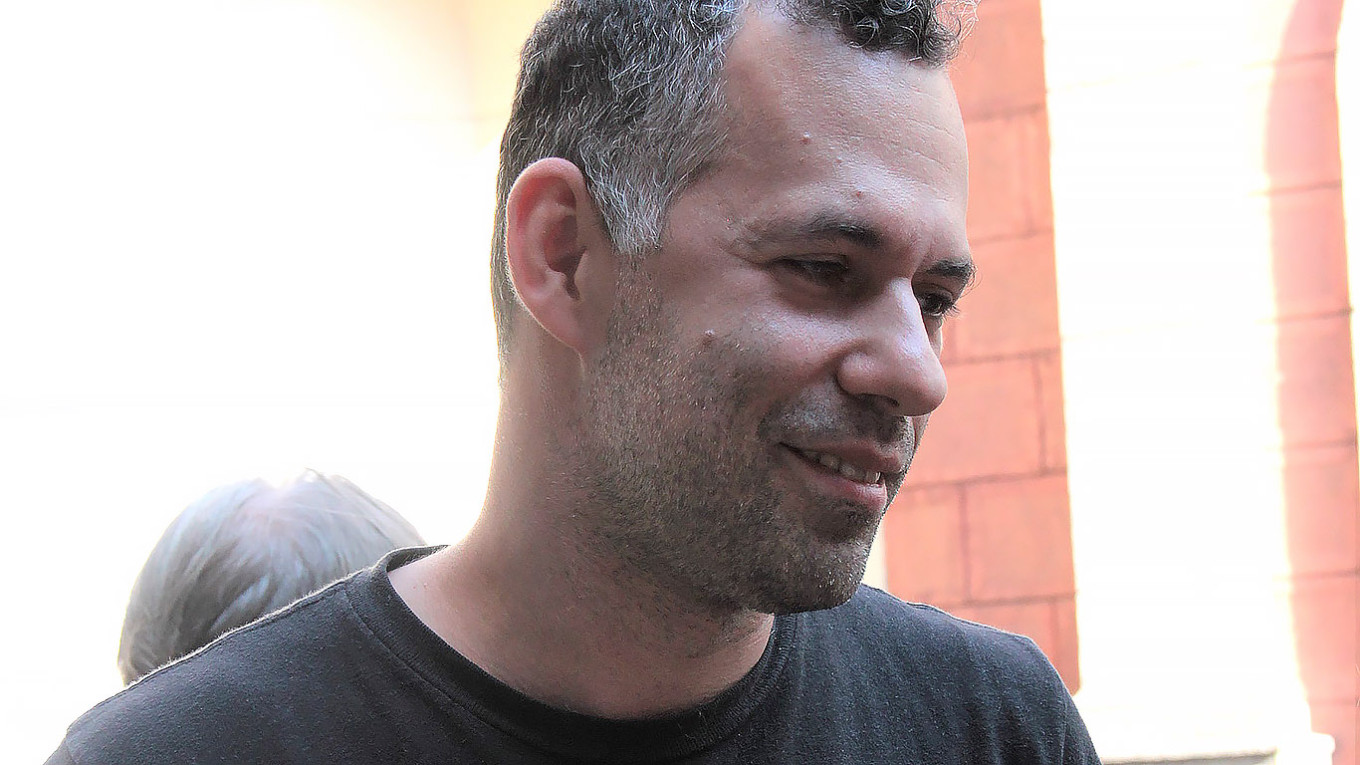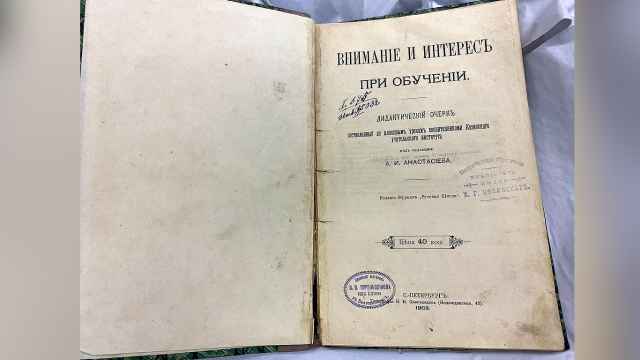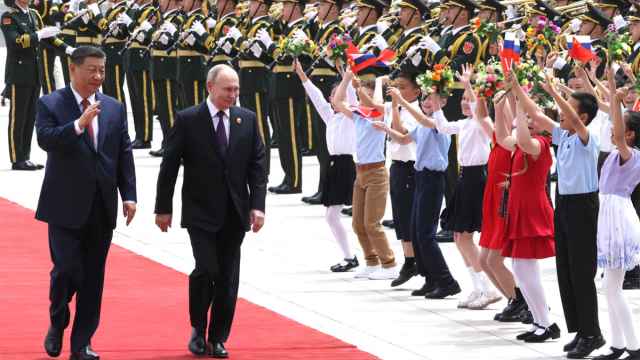During the Cold War, spy fiction focused on the shadowy battles between the intelligence agencies of the USSR and the West. After the Soviet Union’s collapse, its spies were replaced by rogue states and terrorists as the villains. However, as relations between Russia and the West have soured in recent years, spy-versus-spy narratives — the Russian GRU versus the American CIA — are making a comeback. Jason Matthews’ “Red Sparrow” series is a prime example.
Michael Idov’s first foray into the spy genre, “The Collaborators,” both aligns with and diverges from this recent trend. While Jason Matthews’ “Red Sparrow” series offers a classic example of “klyukva” (cranberry) – Russian slang for stereotypical depictions of their homeland in Western films and books – Idov knows what he is writing about.
His book is well researched, and the main character, Ari Falk, a CIA agent, is quite believable – an average guy, incapable of Mission Impossible-like exploits.
The complicated plot begins with Anton, a popular Russian blogger, flying from Istanbul to Riga – only to be forced to land in Minsk. This scenario riffs on the real-life Ryanair Flight 4978 incident of May 2021 involving Belarusian opposition activist Roman Protasevich.
Idov’s novel is full of markers of the times. There's VX poisoning (and the famous Berlin hospital Charité, where Navalny recovered after Novichok poisoning); an open-source intelligence network not unlike Bellingcat; and shady Russian financial companies avoiding sanctions.
After Minsk, the narrative alternates between two main perspectives: CIA agent Ari Falk and Maya Chou, a wealthy American with Russian and Taiwanese roots. When Anton fails to reach Riga, Ari tracks him to Istanbul while Maya heads to Portugal to settle into her inheritance — a house where she uncovers clues suggesting her father might not have committed suicide as she thought. When the two protagonists finally meet in Marrakesh, they realize they are on the same quest.
Although the narrative jumps around the world, moving through Riga, Istanbul, Berlin, London, Marrakesh and Moscow, it is grounded in nonfictional reality. Characters have to get visas, catch planes and deal with other real-life problems.

It is also grounded in Idov’s own life. In interviews, Idov has called “The Collaborators” his most autobiographical book, which places the action in locations he visited and knows personally. Ari, like Idov, is an American Jew, and the character’s base of operations in Riga reflects the author’s own Latvian roots.
The main character also shares some of the author’s pet peeves, such as his well-publicized intense dislike for the Michelin-star restaurant White Rabbit — here described as that “hideously expensive restaurant.”
The switch to spy fiction might seem unlikely for Idov, whose two previous books were, respectively, Dressed Up for a Riot, a memoir of his days in Moscow as Russia GQ's Editor-In-Chief, and Ground Up, a semi-autobiographical novel about the failed attempt of a hipster couple to run a coffee shop in New York City. But after Idov left his job at GQ, he became a successful screenwriter for Russian TV series such as Londongrad and The Optimists, which included spy plotlines. Idov later co-wrote Deutschland 89, an Amazon Prime series about an East German spy.
Embedded in the fast-paced plot are Idov’s trenchant observations. “Every restaurant in Moscow is a theme restaurant,” he writes. “The theme is that you’re not in Moscow.”
He describes the city as “a megalopolis of twelve million that operated like a medieval castle town. A set of concentric circles, the smallest of which was the Kremlin wall and the largest the 67-mile Ring Road, it radiated all its power from within the innermost two; perhaps a total of five hundred people ensconced there, most of them in the same few neighborhoods, steered the entire course of Russia's political (five to 10 men, though some would argue just one), financial (30 to 50), cultural (200 to 300), and even gastronomic life.”
The one drawback to this otherwise incisive commentary on contemporary Russian life is the blogger’s storyline that sets the entire plot in motion. Idov has the blogger working for Western intelligence — the standard Russian propaganda claim about Russian opposition bloggers. But if you can stand that inexplicable authorial choice, “The Collaborators” is a rollicking good tale, perfect for post-holiday escapism.
A Message from The Moscow Times:
Dear readers,
We are facing unprecedented challenges. Russia's Prosecutor General's Office has designated The Moscow Times as an "undesirable" organization, criminalizing our work and putting our staff at risk of prosecution. This follows our earlier unjust labeling as a "foreign agent."
These actions are direct attempts to silence independent journalism in Russia. The authorities claim our work "discredits the decisions of the Russian leadership." We see things differently: we strive to provide accurate, unbiased reporting on Russia.
We, the journalists of The Moscow Times, refuse to be silenced. But to continue our work, we need your help.
Your support, no matter how small, makes a world of difference. If you can, please support us monthly starting from just $2. It's quick to set up, and every contribution makes a significant impact.
By supporting The Moscow Times, you're defending open, independent journalism in the face of repression. Thank you for standing with us.
Remind me later.






